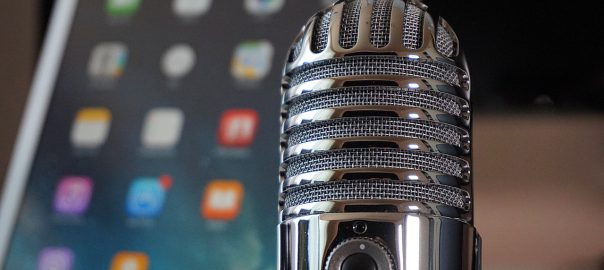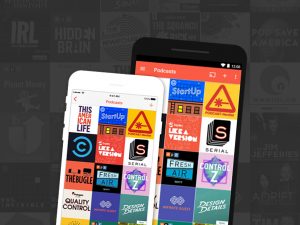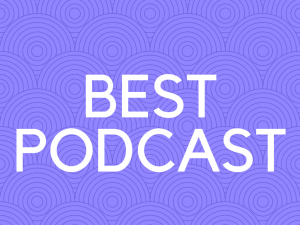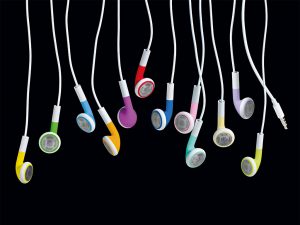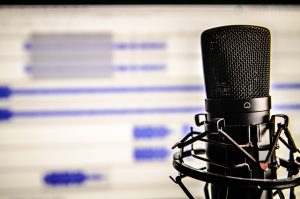Podcasts are a great way to build your audience and connect with different people. However, if you want to start your own podcast you will need a plan, and that means picking a format for your show. So here are a few examples of different podcast formats.
Solo-casts
The great thing about solo-casts is that you won’t have to spend much time preparing for the show. There are no guests or co-hosts that you need to worry about and the content is based on your own stories and experiences. Basically, your audience gets to know you and maybe receive useful advice. However, it can get old pretty quickly, you don’t have any opposing points of view or someone to bounce off different ideas, so you’ll need to be really creative in order to keep going.
Interview and conversational
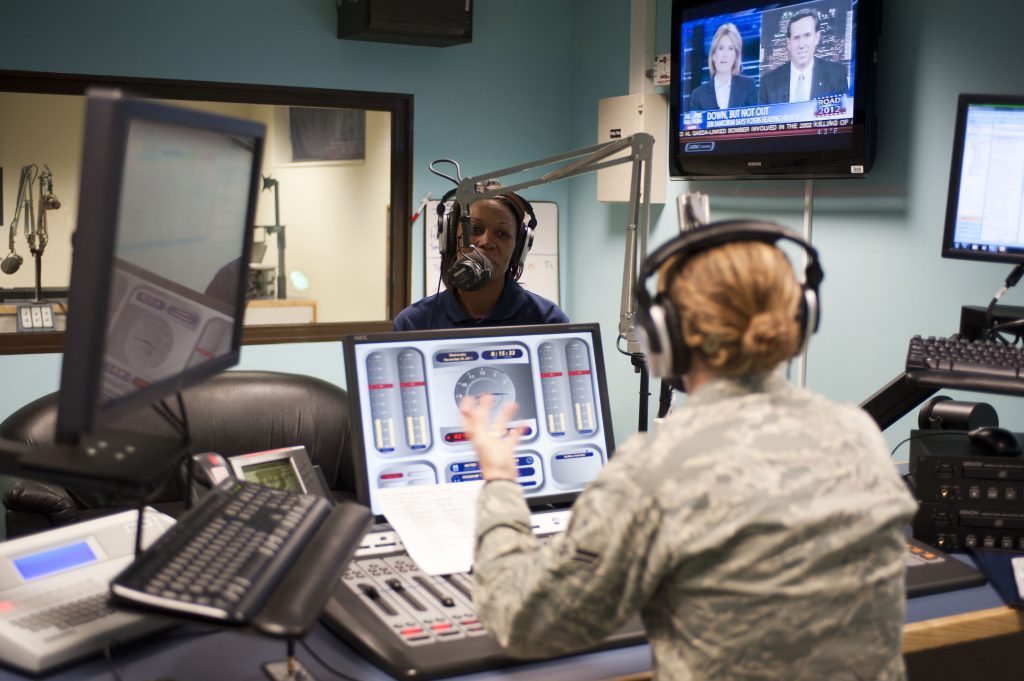
Interviews or just conversations with other hosts are a great podcast option and it is widely used. You have the chance to introduce new people to your audience and talk with them on niche-specific topics. It is always great if you find someone who is sort of a celebrity or an influencer because you will likely gain an additional audience. It is also a normal conversation flow, each of the participants brings their own point of view to the table, and you won’t have to do much editing in post. The hard part is ongoing communication and email exchange with potential guests in order to find participants.
Educational content
As opposed to interviews, educational podcasts do not have that free flow. As the objective is to educate the listeners or elaborate on an idea, the whole show has to be more structured. Each episode will have a specific topic, and listeners will appreciate the opportunity to learn new things, as it is a great way to spend time while driving or doing house chores, etc. This high-value information will have the audience coming back for more as it is a productive time investment. However, some topics are not easily explored in-depth without visual aids, and you will have to invest a lot of time planning on how to deliver the information.
True stories/Reporting

Here you are focusing on true stories that either happened to you or somewhere else in the world. You don’t have to tell a story per podcast, as it can be a long and stretched through multiple podcasts in order to keep the audience on their feet and keep coming back for more. You might have to play different audio clips to back up your narrative and give more detail to the audience, which is why these podcasts have high production value. If you are an experienced storyteller or reporter go for it, but it might not be ideal for your first gig. However, it is really addictive form of a podcast and the audience will love it.
Podcast theatre
Unlike the previous example, this is a type of podcast where you share fictional stories, told over multiple shows. It is not as common as other types of podcasts so you will be more unique in that sense. However, if you plan on writing your own stories it will be time-consuming and you might have to find a voice actor to do the reading.

